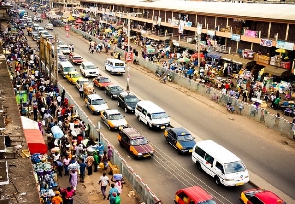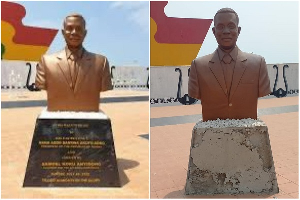In Ghana, workers make up a significant portion of the population and contribute significantly to the country’s Gross Domestic Product (GDP). The Ghanaian workforce is diverse and includes people working in agriculture, industry, services, and the public sector.
Workers’ Day provides an opportunity to celebrate the contributions of workers to the country’s development and to highlight the challenges they face.
In recent years, the Ghanaian government has taken steps to improve the working conditions of its citizens. For instance, the government has implemented policies to promote decent work, including the establishment of a minimum wage and social security schemes.
However, there are still some challenges facing Ghana’s workers. One of the most significant challenges is the issue of poor remuneration, which is prevalent in the country. Many Ghanaians work in the informal sector, which means they do not have job security or access to social protections such as pensions, health insurance, and sick leave.
Speaking to some Ghanaians from various sectors, they expressed the impact of economic hardship on their livelihood.
“Being an administrator of a school, this year has been challenging. The economic hardship has made it difficult for parents to pay their wards’ fees as scheduled. As a result, students are sacked for school fees”, a school administrator expressed.
A cloth vendor in Accra, Auntie Ama also disclosed that import duty on dresses has made it difficult for them to import dresses abroad into the country.
“I sell Togo-made dresses, as a result of the rise in CFA against the cedi, it has made second-hand dresses expensive. So, second-hand dresses are no longer booming”, she said.
They called on the government to provide a conducive environment for workers.
Watch the latest edition of BizTech and Biz Headlines below:
Business News of Monday, 1 May 2023
Source: gbcghanaonline.com

















